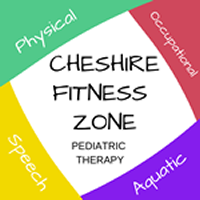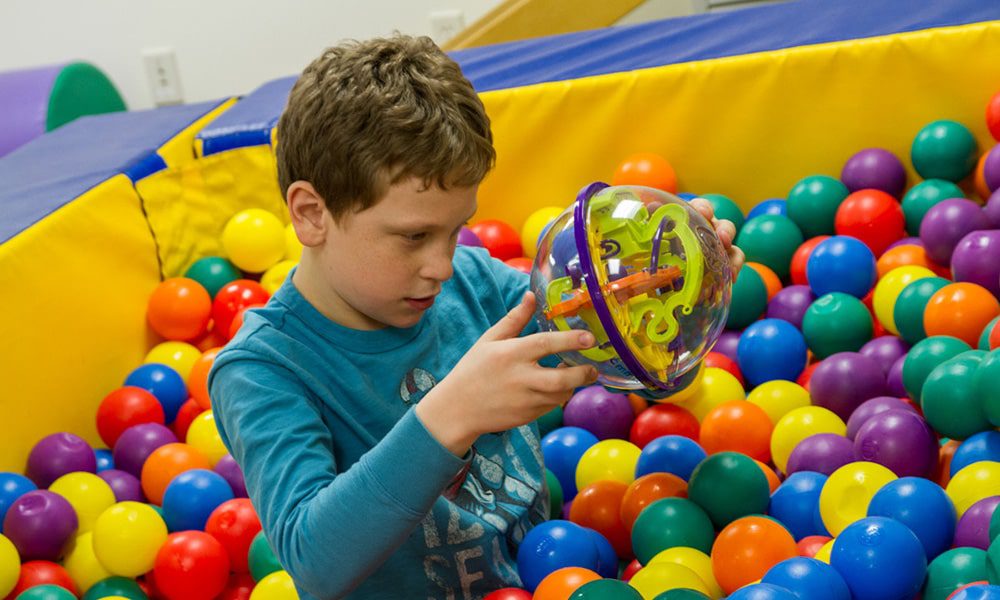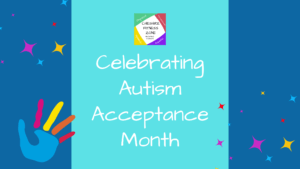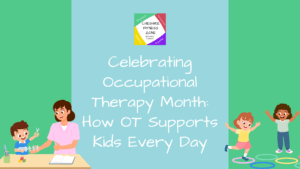Identified as a type of motor speech disorder, Apraxia affects the body’s natural ability to produce speech. As motor speech disorders are neurological disorder in nature, it means that the patient’s (child’s) brain is experiencing difficulty in coordinating the lower jaw, lips and tongue to produce speech. Hence, children with apraxia often struggle with articulating and sequencing words, syllables and sounds when they try to communicate. Do note that apraxia is not caused by paralysis of any muscles, a limited range of motion, or muscle weakness.
What are the causes of apraxia?
More often than not, apraxia is caused by trauma, injury, illness, or infection that leads to neurological damage. It can also be a secondary characteristic of other conditions such as seizure disorders, metabolic disorders, degenerative disorders, and even genetic disorders. However, not all children who are diagnosed with those types of disorders exhibit apraxia. It is rather perplexing that some children, who have no apparent neurological indicators, can exhibit symptoms that are related to apraxia as well.
What are the symptoms of apraxia?
The severity of these symptoms can range from mild to profound and while it is complex in nature, there are some common characteristics of apraxia which include:
• Impaired speech intelligibility: Children with apraxia are inconsistent in their speech and frequently make mistakes. They might be difficult to understand, especially to unfamiliar listeners.
• Prosody: Due to the reduced rate of speech, the child’s prosody might be affected. They may stress the wrong word or syllable, or speak in a monotone will minimal pitch variance in between.
• Inconsistent errors: The child may make different kinds of errors on a particular word when it is repeated over and over again.
• Start talking at a late age: While this symptom could mean other speech or language disorders, late talking could mean that apraxia is involved too.
What can you do to help children with apraxia?
If you notice your child exhibiting symptoms directly related to apraxia, you will want to consider allowing a speech language pathologist to evaluate him or her. The SLP will be able to exclude other speech disorders and provide a more accurate diagnosis of your child’s condition, and determine a course of treatment that’s beneficial to your child.
You will want to keep in mind that apraxia is not a disorder that a child will grow out of. They can become intelligible speakers in the future but it takes commitment and time. Hence, you must ensure that your child receives frequent speech therapy sessions to achieve maximum results. This also allows your SLP to use a variety of techniques that will best benefit your child.
In addition, do take note if your SLP suggest using different ways of communication like augmentative communication systems or sign language. If you implement this according to their recommendations, you will be able to establish a less-frustrating way for your child with apraxia to communicate with those around them and express themselves until their speech improves along with regular treatment.



